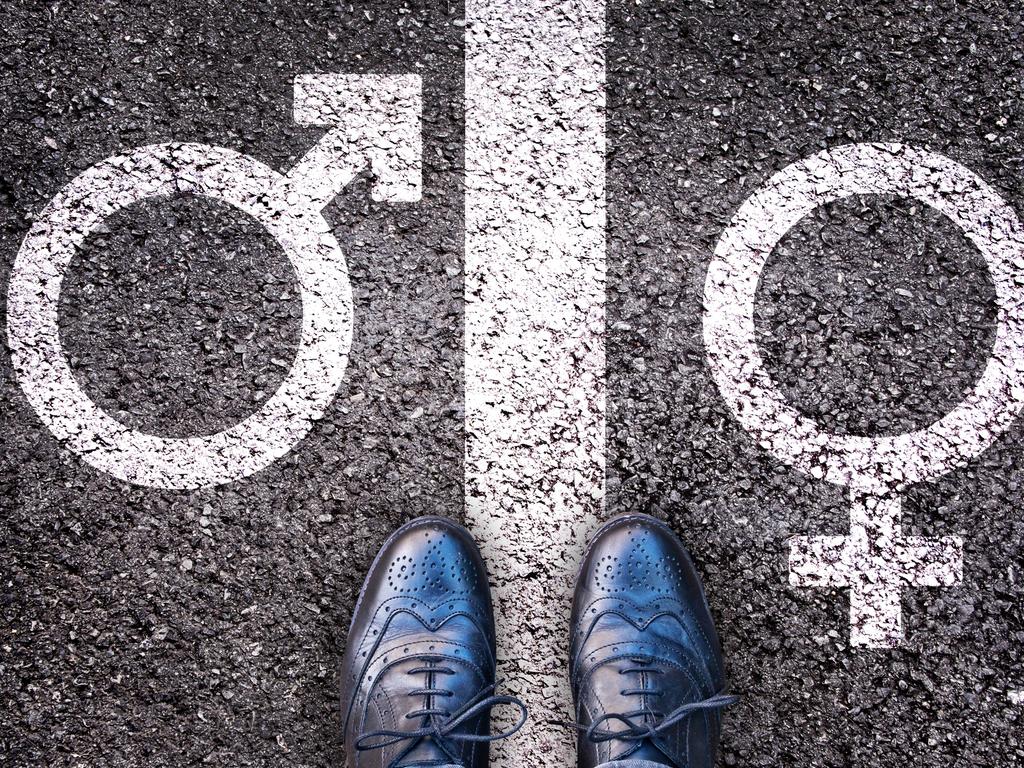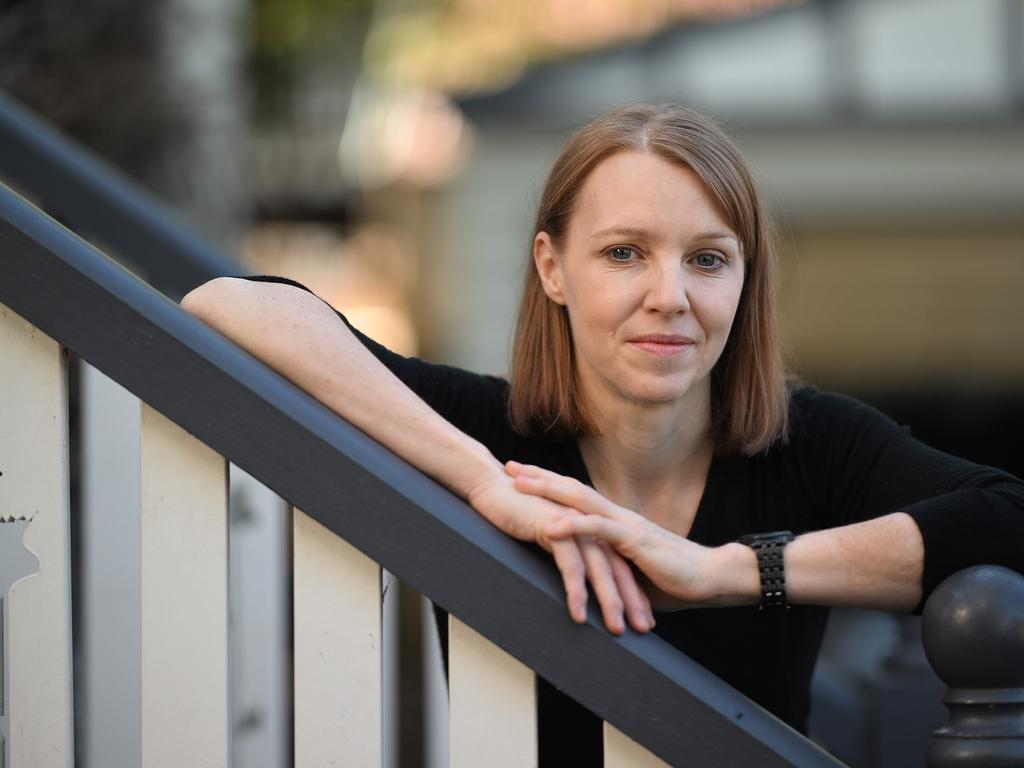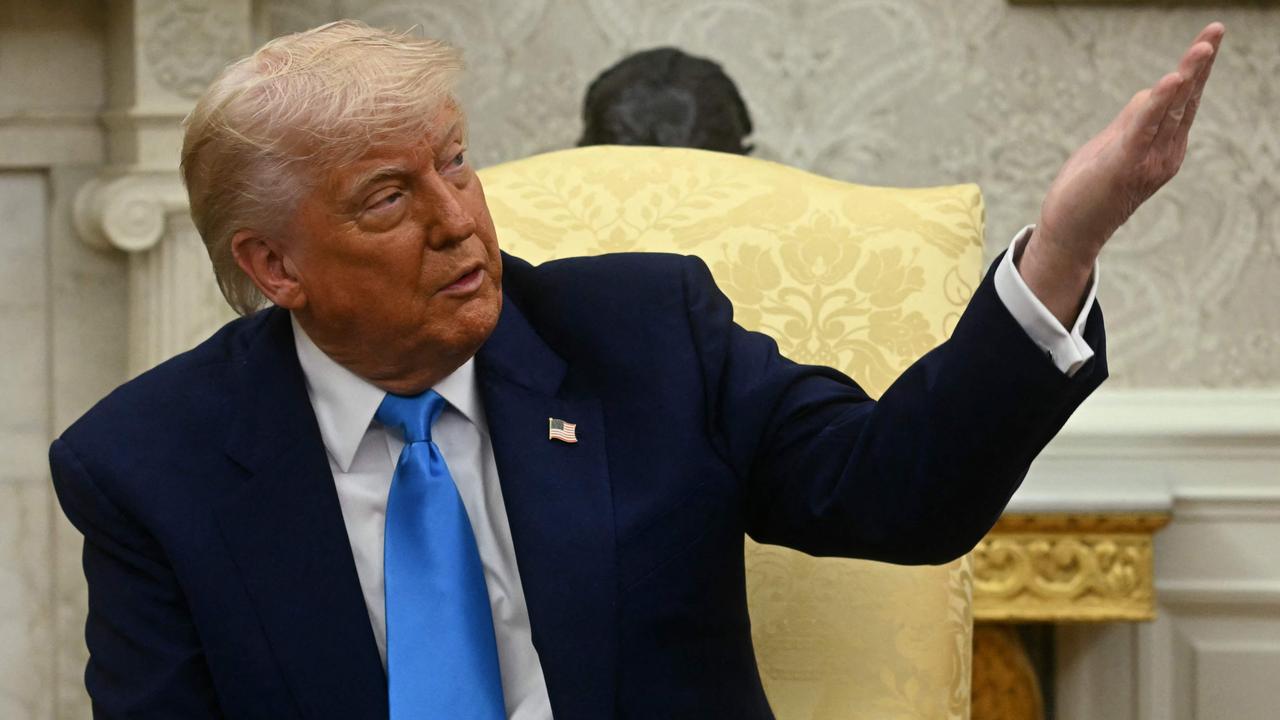South Australia court calls for use of preferred gender pronouns
SA has become the latest state to endorse the use of preferred gender pronouns in the courtroom, saying it is integral to ‘ensuring public confidence in the proper administration of justice’.
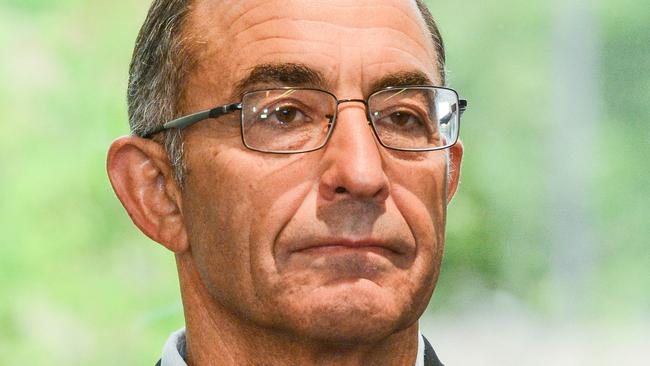
South Australia is the latest state to endorse the use of preferred gender pronouns in the courtroom, saying it is a “matter of respect” to address parties by their chosen pronouns, and integral to “ensuring public confidence in the proper administration of justice”.
SA follows the lead of Victoria and Queensland as jurisdictions that this year released edicts requiring court attendees to refer to parties by the pronouns they indicate being most comfortable with, such as they/them.
“The Supreme Court, District Court, ERD Court, Magistrates Court, Youth Court and Coroners Court recognise that the correct pronunciation of names and use of the preferred gender pronoun is a matter of respect and is an important component of ensuring public confidence in the proper administration of justice,” SA Chief Justice Chris Kourakis said in a practice note released on Wednesday.
“As such, the court seeks to facilitate a simple process by which legal practitioners can provide, and the court can seek, guidance and clarification.”
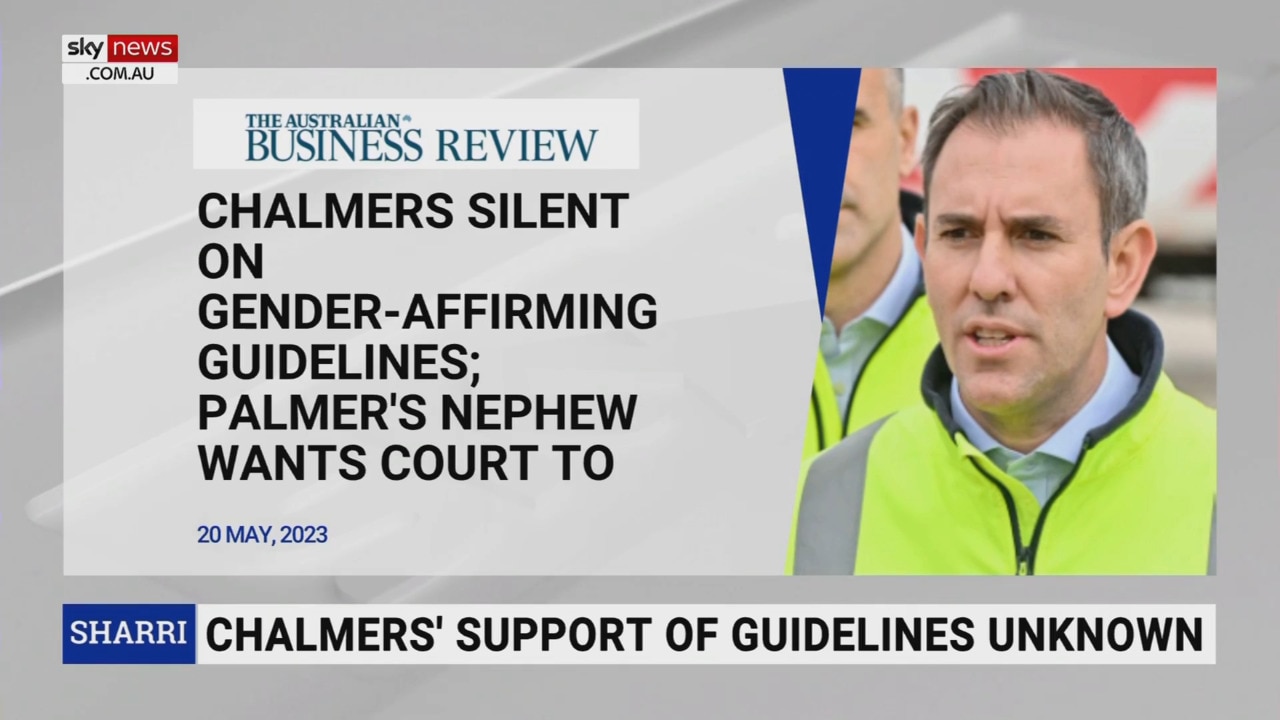
The practice note indicates that prior to a hearing “a practitioner may, where appropriate, provide the court with the correct … preferred gender pronouns” of themselves or any other party to a case. “A practitioner may provide guidance as to the gender pronouns of a person in square brackets directly after the name by inserting the preferred pronoun,” the practice note reads. “For example: ‘The defendant [they/them]’ or ‘The defendant uses the pronouns they/them’.”
In April, Queensland Supreme Court Chief Justice Helen Bowskill released a similar practice note, recognising “the correct pronunciation of names and use of preferred forms of address is a matter of respect”.
The Victorian guidelines, also released in April, do not specifically refer to gender pronouns, but state: “Parties, lawyers and other participants are welcome to advise the court … (on) forms of address (such as Ms, Mr, Mx).”
A spokesperson for Western Australia’s Chief Justice, Peter Quinlan, said the state had an Equal Justice Bench Book to provide “comprehensive information and guidance in dealing with the diversity of WA’s community, including cultural and linguistic differences, religious affiliation, disability, children and young people, older Australians, Aboriginal persons, diverse sexualities and gender identities”.
Earlier this year, the South Australian parliament became one of the last in the country to adopt language that is neutral on gender and sexual identity.


